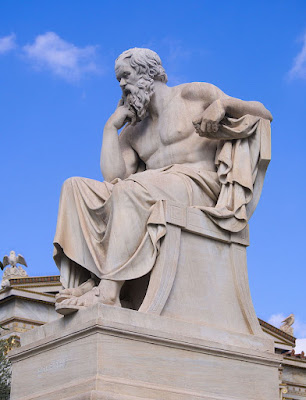“Helvetius and Rousseau preached to the French nation liberty, till they made them the most mechanical slaves; equality till they destroyed all equity; humanity till they became weasels, and Affrican panthers; and fraternity till they cutt one anothers throats like Roman gladiators.”
I turn now to some hypothesized “influences” upon the United States Constitution
On this blog, I have extensively discussed the influences on the Constitution – such as Thomas Hobbes, John Locke, and David Hume. Many of these influences are well-attested by evidence. Here, I turn to some other “influences” upon the Constitution which are merely hypothesized. These include the Greek philosopher Plato, the French philosopher Jean-Jacques Rousseau, and the Iroquois Confederacy – a historical group of Native American tribes. There are popular theories in some quarters that they “influenced” the United States Constitution to a significant degree. Thus, I plan here to examine some of the debates regarding these theories, and inquire into the evidence for them.
Plato









